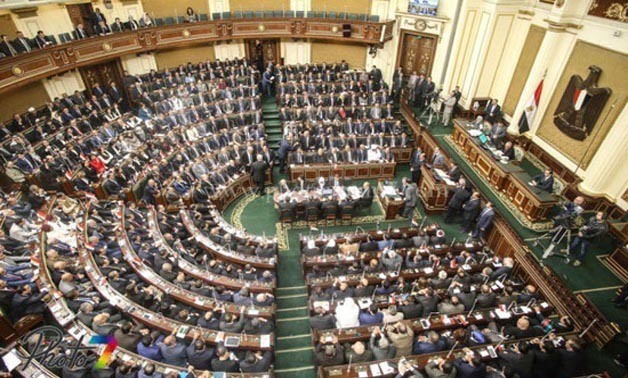
House of Representatives - File photo
CAIRO – 24 September 2017: For the first time in its modern legal history and after various failed attempts during the last three years, Egypt might see its first freedom of information draft law within the upcoming few weeks.
The head of the Supreme Media Regulatory Council Makram Mohamed Ahmed confirmed that the Council issued the final draft of the freedom of information law to be fully amended at the beginning of October and presented before parliament.
The draft law that the parliament is considering was originally written under Article 68 of the new Egyptian constitution and based on the First Information Law issued by the General Assembly of the United Nations in 1946.
Constitutional Article 68 dictates that ”information, data, statistics, and official documents are the property of the People and the disclosure thereof from their various sources is a right guaranteed by the State for all citizens. The State is committed to provide and make them available to citizens in a transparent manner. The law shall also impose penalties for withholding information or deliberately providing wrong information.”
Deputy of Supreme Council Media Regulation Abdul Fattah al-Jabaly, told Egypt Today that, under the penalties clause in the draft law, a penalty will be imposed on the employee who refrains from giving information to citizens and will be subject to a fine ranging from LE 5,000 to LE 20,000 and even imprisonment in the case of preventing information in the commission of a crime.
This law guarantees the right of anyone to receive information in a simplified way and, in case of obtaining statistics or data, it will be for free. However, in the case of economic reports or files, the cost will be determined by the competent authority, Al-Jabaly added.
The draft law states that, "with the exception of applications that entail saving lives or related to patients, preventing crime or preventing innocent detention, the request of information must be met within 48 hours.”
Mumtaz Desoky, a member of the Legislative Committee of the parliament, stated that the existence of a strong information law allowing free circulation of information from its sources will eliminate rumors, and miss the opportunity for electronic militias that have committed to spreading lies and deception.
Answering to the concerns that many articles will be deleted from the draft law under the pretext of maintaining national security, Desoky asserts that the real challenge before the parliament is to pass a law that effectively guarantees the free circulation of information to citizens be applied on the ground and at the same time ensuring the maintenance of national security.
Dr. Hoda Zakaria, a professor of political sociology and chairperson of the committee responsible for drafting the law, said in a phone interview with DMC channel that the committee recalled the experiences of 80 countries in the formation of the law.
“The Freedom of Information Law aims for justice, order, and freedom, as the Freedom of Information Act is a basic human right,” Zakaria added.

Comments
Leave a Comment